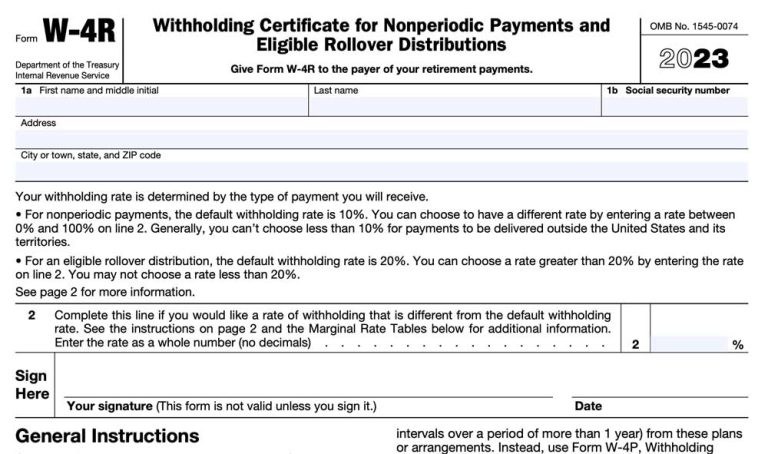Contracted Earnings Signs of US Recession
Going into 2020, the United States economy has experienced the longest period of economic expansion in its history. After the Great Recession of 2007-2009, we’ve seen growth starting in June of 2009, a period that has lasted more than ten and a half years. According to the National Bureau of Economic Research, the average period of time for economic expansions, 11 of them, in the US during recent history (post WWII until now) has been 59 months. The expansion we’re experiencing currently has lasted more than twice that length
By many accounts, there are clear signs that a recession is coming.
Sean Williams, in his article The Hidden Recession That Everyone is Overlooking, describes several of the indicators that the economy may already be contracting again. Recessions tend to follow aggressive periods of growth and act as natural way of tempering potential runaway expansion.
In 2019, the S&P 500 Index gained about 29%, four times its historical average of 7%. Gains like that over a short period of time tend to be inspired by speculation, which ultimately has a shelf life.
One of the most predictable signs of a recession is an inversion of the yield-curve of the 2-year and 10-year US Treasury notes. In August of 2019, 2-year US Treasury notes had higher yields than 10-year notes for a brief period. The last time that has happened was in 2007, and it served as a warning of the previous recession. Other inversions of short-term versus long-term US Treasury notes that happened in 2019 give further evidence that the economy may be preparing to retrench.
Another indicator of an impending recession is data released by FactSet Research Systems, which reported that there were earnings contractions among the S&P 500 Index companies, which experienced collective year-over-year earnings per share decline in all four quarters of 2019. Those numbers could indicate that the over all gross domestic product (GDP) in the US has been in decline or will be in decline for two consecutive quarters, which is the technical requirement for a recession.
Although there have been regulations on the real estate and mortgage financing industries that have been put in place in response to the 2008 housing crisis, there are other factors that exist in the current economy that can complicate an economic slowdown. The Federal Reserve interest rate is already close to the lowest level it’s ever been. There’s not much room for interest rates to be cut, which is a move that’s often used to stimulate the economy.
Also, the increase in personal debt over the past decade ultimately makes it difficult for most people to have money to spend to keep the economy moving. Probably the most concerning aspect of that debt is the dramatic increase in student loans that has taken place since the last recession. Student loan debt levels a decade ago were in the $600 billion range. As of the start of 2019, they’re risen to almost $1.5 trillion, more than double the amount they were at when the last recession happened.
How to Weather the Recession
Recessions tend to take out their aggression the most on people who are financially vulnerable. Living paycheck to paycheck can only last so long when companies start to contract their workforce and layoffs happen.
Learning how to reduce spending, spending it much more on needs versus wants and being much more intentional about spending will help a person or family be better prepared for a situation where unemployment rises and access to income is tight. Although it’s not a perfect insurance policy against a major economic catastrophe (at least we’re not socialists like Venezuela yet, and our currency isn’t likely to experience hyperinflation), having money in the bank to cover your mortgage, pay for utilities and groceries, and take care of other living essentials puts you in a much better position that then 59% of the US population that might be crippled if they didn’t get their next paychecks.
At Prosperopedia.com, we consistently discuss ways to weather economic hard times, including using these periods of contraction to become disciplined in your finances through programs that help you pay down your debt, save money, and build wealth. Now, with a recession essentially knocking on the door, might be a good time to start tracking and managing your expenses, planning a budget, and becoming a wiser financial steward. It’s also a good time to see whether you can’t develop skills or improve your work efficiency to increase your ability to provide for yourself and your family.
Now might be a good time to review the principles of self-reliance that will allow you to get through the next period of economic contraction without too much difficulty and be prepared to prosper even more when the next expansion takes place.







